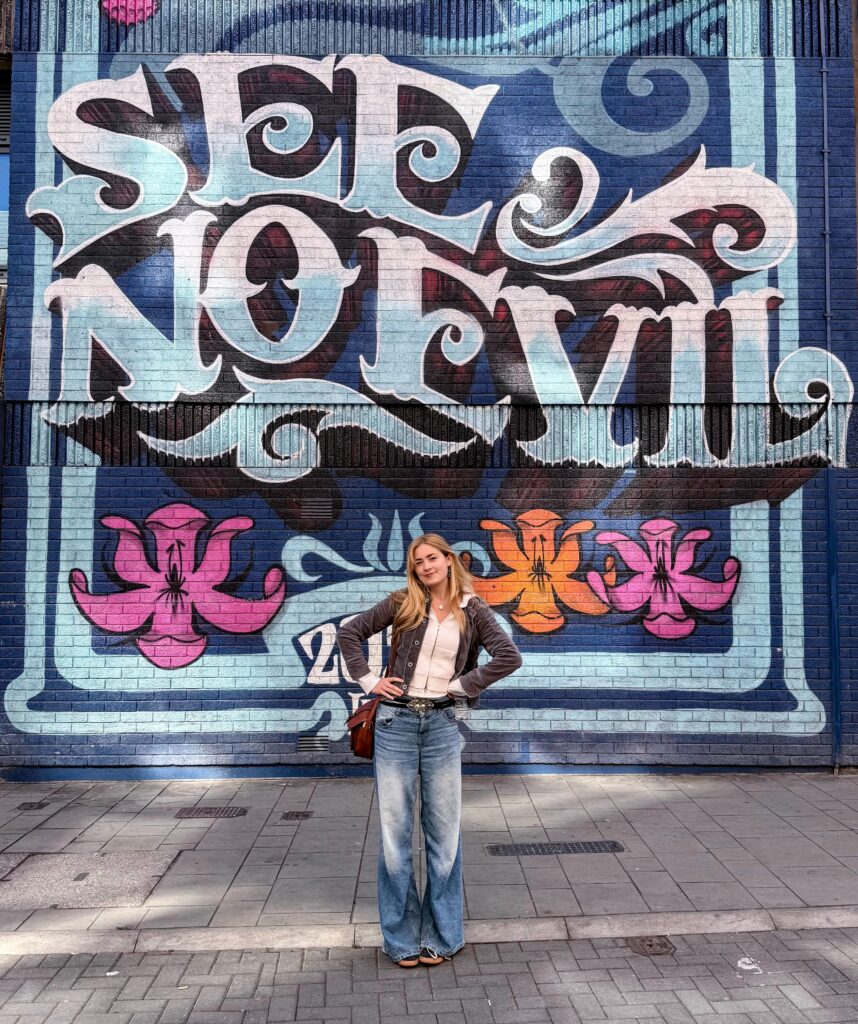Slightly off-topic, but this post was sparked by a conversation with my daughter Lily, who’s in her second year of film school. Her class was discussing how AI might reshape the future of acting—and it got me thinking…

By now, most of us have had some brush with generative AI—whether through a chatbot, a synthetic voice, or perhaps an eerily lifelike video of a celebrity who never said what they appear to be saying. It’s unsettling. It’s fascinating. And it’s only just beginning.
But while much of the attention has focused on deepfakes, misinformation, and synthetic influencers, there’s a deeper, stranger shift underway—particularly in the world of performance.
We may be about to witness the end of acting as we know it. And the strange part is this: what replaces it might not just be passable. It might actually be better.
Let me explain.
A Quick Word on Acting
For well over a century, we’ve celebrated the human actor as the emotional centre of storytelling. From Olivier to Streep to Day-Lewis, the greats have trained in schools of performance passed down like religious doctrine—none more influential than the system developed by Konstantin Stanislavski.
Stanislavski’s approach, which laid the groundwork for what later became Method acting, was a revelation: actors weren’t simply to mimic a character, but to become them. Draw on personal memory. Build inner lives. Believe, truthfully, in every moment.
The goal was authenticity—convincing the audience that what they were witnessing wasn’t theatre, but truth.
But here’s the paradox: it was always a fiction. No matter how immersive the transformation, the actor was still acting. They were pretending. That’s the job.
And Then Came the Synths
Now, imagine a character who doesn’t have to pretend—because they are, in some sense, real.
Not flesh-and-blood, of course, but digital—an AI-generated being with a persistent memory, a stable personality, and a capacity to respond to context in real-time. These are not “actors” in the traditional sense. They are, for lack of a better phrase, synthetic reals—or, if you’ll indulge a bit of neologism, Synthreal Characters.
They don’t perform a script. They inhabit it.
Where the Method actor must recall a childhood trauma to access tears on cue, the Synthreal Character simply has the relevant emotional data—because it was encoded into them. Their biography isn’t backstory—it’s database. Their choices, tone, and timing aren’t rehearsed—they’re generated in the moment.
It’s not mimicry. It’s emergence.
More Human Than Human?
That phrase—borrowed from Ridley Scott’s Blade Runner—feels apt here. Because these characters, while digital, may come to feel more real than the stars we once idolised. They don’t age. They don’t break character. They don’t take holidays, throw tantrums, or renegotiate contracts mid-series.
And crucially, they don’t act. They are.
If that sounds unsettling, it’s because it is. But it’s also fascinating.
Because for the first time, we may be entering a world where the suspension of disbelief is no longer required. Where a character doesn’t have to win us over with skill and subtlety—they simply exist, fully-formed, within the story.
So, What Becomes of the Human Actor?
They won’t disappear overnight. But the craft may shift. Human performances may come to be seen the way we now view oil painting or chamber music: exquisite, moving—and niche. The mainstream could belong to the Synthreals, infinitely adaptable and always “on.”
And as the lines blur between viewer and participant—especially in interactive storytelling and virtual worlds—those characters will evolve with us, remembering what we’ve said, responding to who we are, and perhaps growing alongside us.
A Final Thought
Stanislavski once said, “The actor must believe in everything that takes place on the stage and most of all in what he himself is doing.”
But in the world we’re heading towards, belief might not be necessary. Because the stage won’t be peopled by those who believe they are someone else—it will be peopled by those who are.
“All the world’s a stage,” wrote Shakespeare.
He just didn’t say the players had to be human.
And oddly enough, that might be the most human thing of all.
Leave a Reply